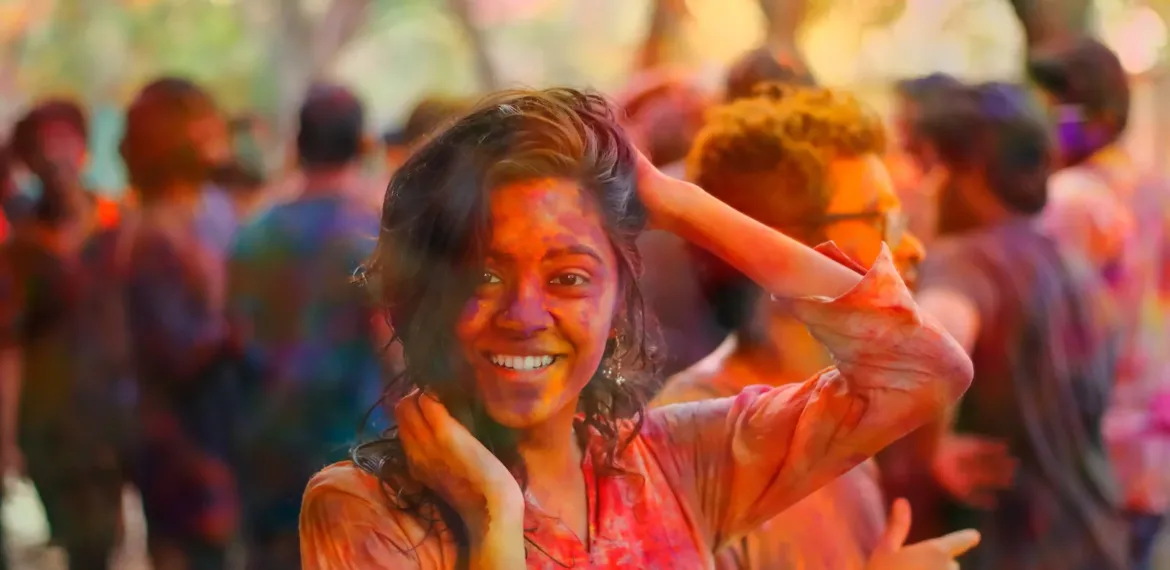“Discover the vibrant culture of the Dominican Republic and enhance your travel experience with knowledge of its traditions, customs, language, and etiquette.”
ROAMOPEDIA
Dominican Republic's Culture
Exploring Dominican Republic’s Culture: Traditions, Customs, Language, and Etiquette

- Home
- /
- Country
- /
- Dominican Republic
- / Exploring Dominican Republic’s Culture: Traditions, Customs, Language, and Etiquette
Related
All related contents.
Related Posts
Discover the beauty of Punta Cana, Dominican Republic.
Discover the history of the Dominican Republic at the Columbus Lighthouse in Santo Domingo.
Experience history, nature, and relaxation in Puerto Plata, Dominican Republic.
Discover the natural wonder of El Limon Waterfall in Samana, Dominican Republic.
Discover the breathtaking beauty of Los Tres Ojos in Santo Domingo, Dominican Republic.
Discover the natural wonders of Barahona, where mountains meet the Caribbean’s largest saltwater lake.
Discover paradise in the Dominican Republic’s Bayahibe and Saona Island.
Discover the beauty of La Romana in the Dominican Republic.
Discover the beauty of Santo Domingo’s National Botanical Garden, where nature thrives and tranquility abounds.
Escape to paradise in Samana, Dominican Republic’s hidden gem.
Experience paradise at Sosua Beach in the Dominican Republic.
Discover the rich history and culture of Santo Domingo, Dominican Republic’s vibrant capital city.
Experience paradise in Punta Cana and Bavaro Beach with stunning white sand and crystal-clear waters.
Explore the ancient mysteries of amber at the Amber Museum in Puerto Plata, Dominican Republic.
Discover the past at Fort San Felipe in Puerto Plata, Dominican Republic.
Discover the vibrant culture and rich history of Santo Domingo’s Zona Colonial.

Experience the vibrant culture and stunning landscapes of the Dominican Republic
Explore the wonders of nature at Indigenous Eyes Ecological Park in Punta Cana, Dominican Republic.
Experience the charm of a Mediterranean village in the heart of the Caribbean at La Romana’s Altos de Chavon.
Discover adventure and natural beauty in Punta Cana’s Scape Park.
Experience the ultimate adventure in Jarabacoa, Dominican Republic with a climb to the summit of Pico Duarte.
Related
Related contents and articles.
Related Posts
- Print
- Share
- +-Font Size